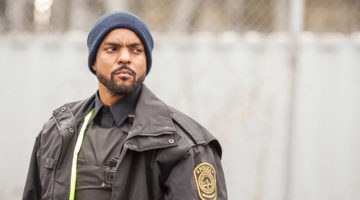TIFF 2012 Review: Stories We Tell
Sarah Polley follows up the acclaimed Take This Waltz with another earnest, emotional, and challenging film in Stories We Tell, a documentary about her family.
Well, it’s about much more than that. The tricky thing about the film is that it is most completely and thoroughly enjoyed entering it nothing knowing and simply trusting Polley. At the heart of the film is a story about her family’s past, as told by all the players of the story. Her siblings, father, friends, and other extraneous people help shape a story that isn’t exactly remembered and conveyed in the same exact way.
Polley’s family history has not come out, with the director writing a blog post on the National Film Board website the day screenings began, and while the story has likely traveled across the web, the masterful documentary is heavily layered, about much more than a story that is itself, compelling and surprising.
Michael Polley, Sarah’s father, narrates a story in the film that is as much about the tale itself as it is about how the story is told. We see Michael sitting in a sound booth as Ms. Polley listens and hits records. As Michael talks, interviews are played, found footage is shown, and Ms. Polley introduces recreations of events with actors playing the parts of her family, including her deceased mother, the figure at the heart of the tale.
I dare not say much more about the plot, for this film more than any others, because that act is inherently at question in the documentary. The many figures take up retelling as a story based on how they experienced it firsthand, and I feel strange for me myself to tell you how I exactly I experienced this film in particular without having let you enjoy it directly first. This is all to say, once more, that not knowing anything about the story around it (which may now be highly improbably), allows the audience to take it in how it is meant to at its highest level.
A brilliant third act that tears down the fourth wall is fascinating, as the interviewees confront Polley about this endeavor, asking about the story, the goal, and if it can even be successful. Instead of taking away from what we have just seen (as can be the case with any film that tries to simultaneously embrace and subvert a genre or style, Stories is enhanced by addressing flaws in storytelling.
The fictionalized versions of events that we see are based on truth, and biased. Just as are the perspectives off all the various people are interviewed and just as is what Polley decides to include or not to include. It is a triumph of filmmaking from a directorial standpoint as well as a storytelling one. It has great setups and reveals, laughs and shocks, warming the heart while constantly challenging the mind.
[star v=5]






